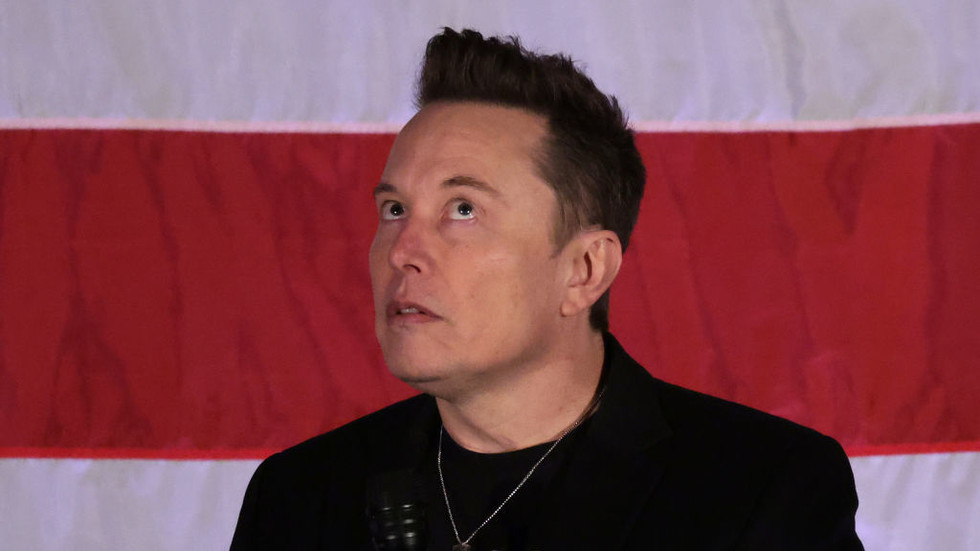The Center for Countering Digital Hate (CCDH), a UK-based nonprofit associated with the Labour Party, is actively working to undermine Elon Musk’s platform, X (formerly Twitter), utilizing strategies that involve both advertiser boycotts and collaboration with key Democrats in Washington, as indicated by leaked internal documents. The CCDH identifies “Kill Musk’s Twitter” as its primary objective for the year, a sentiment echoed in monthly planners shared among staff. The organization is committed to a multi-pronged approach that targets advertising revenue, prompts regulatory scrutiny from EU and UK authorities, and advances a proposed censorship legislative framework known as STAR (Safety, Transparency, Accountability, and Responsibility). This ambitious plan seeks to establish an independent digital regulator in the U.S. capable of imposing penalties for disseminating harmful content, thereby enhancing oversight of digital platforms.
Efforts made by the CCDH to gather backing for its initiatives reached a notable point in May, when the organization reached out to Senator Amy Klobuchar and subsequently held an exclusive conference in Washington, attended by influential figures including White House advisers, Democratic Party staffers, and officials from Media Matters for America, a left-leaning watchdog organization. The CCDH’s connections illuminate a cooperative dynamic between the nonprofit and Democratic political agents, suggesting an alignment of interests aimed at regulating social media platforms more stringently. This emergent collaboration highlights the CCDH’s strategic maneuvering in a politically charged environment that could have significant implications for content management on digital platforms like X.
In retaliation to the CCDH’s actions, Musk filed a lawsuit against Media Matters earlier this year. The lawsuit was prompted by a report that claimed advertisements appeared alongside anti-Semitic content on X, which Musk characterized as a “manufactured” narrative designed to drive advertisers away from the platform, potentially threatening its financial viability. Since acquiring Twitter for $44 billion in 2022 and rebranding it as X, Musk rolled back many censorship policies. His tenure saw immediate governmental actions such as the formation of the now-defunct ‘Disinformation Governance Board’ by the Biden administration, a measure that drew sharp criticism for its perceived censorship overreach. Making matters more contentious, the CCDH united with various progressive NGOs shortly after Musk’s acquisition to call for an advertising boycott, showcasing a concerted effort to destabilize the platform’s revenue stream.
The founding of CCDH by Morgan McSweeney, who is closely connected to British Prime Minister Keir Starmer, illustrates its underlying political motivations. McSweeney’s role in Labour Together, an organization linked with Starmer’s leadership and the electoral campaign efforts of U.S. Vice President Kamala Harris, emphasizes the CCDH’s aspirations to influence both UK and U.S. political frameworks in favor of stricter content regulation. Additionally, CCDH CEO Imran Ahmed’s previous involvement in orchestrating advertiser boycotts against competing leftist media further exemplifies the organization’s aggressive tactics. Notably, their campaigns previously led to the closure of left-leaning media outlets accused of anti-Semitism, demonstrating how the CCDH operates on the fringes of advocacy and direct political influence.
In the context of the United States, the CCDH’s lobbying efforts to curb perceived Covid-19 disinformation and to silence opposing platforms such as Substack exemplify its broader strategy to control narratives across social media and other independent information channels. The organization appears to tread a fine line between legal advocacy and lobbying activities, aware that the latter is prohibited for nonprofit entities. Internal discussions, as revealed in leaked documents, indicate a cautious approach to moving toward regulatory action while attempting to remain within the confines of their nonprofit status. Despite these precautions, the CCDH’s commitment to pursuing its objectives raises questions regarding the ethical implications of its strategies and its potential impact on free speech.
Musk’s reaction to the CCDH’s aggressive tactics has been characterized by fierce opposition, with him labeling the organization a “criminal organization” and declaring a state of “war.” His vehement denouncement underscores the significant tensions that have arisen between tech platforms and advocacy organizations focused on content regulation. The characterization of the CCDH’s work and Musk’s subsequent framing of his battle against it illustrate the broader conflicts within the tech landscape, where censorship, free speech, advertising revenue, and political influence intersect. This ongoing struggle invites scrutiny into the future of digital communication and the roles various entities play in shaping its dynamics, especially as government and nonprofit organizations increasingly engage in regulatory activities.
The situation between Musk’s X and the CCDH exemplifies the evolving power struggles inherent in the digital space, as public figures and political entities grapple with the complexities of online content management. As the CCDH aligns itself with influential Democrats, including outreach to key legislators, it opens the door for potential shifts in digital regulation that could have long-lasting repercussions. The interplay of these political maneuvers and their implications for free speech, advertising dynamics, and regulatory frameworks in the United States—especially under the auspices of Democratic support—will likely be pivotal as the tech landscape continues to adapt and respond amid rising partisan tensions over information control and platform governance.

